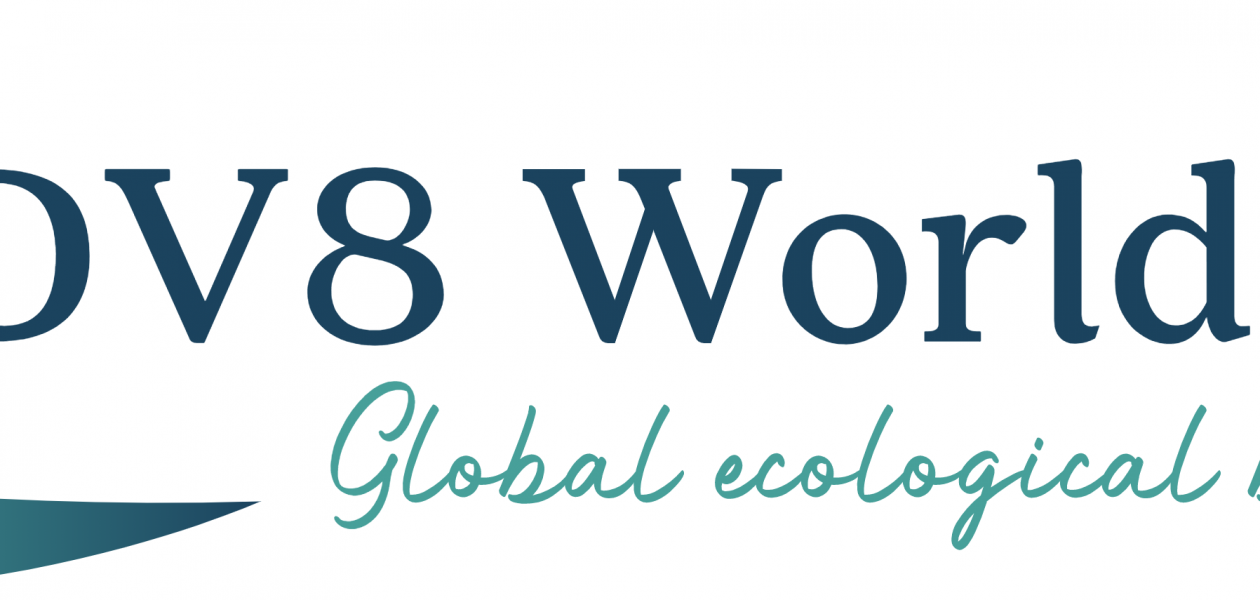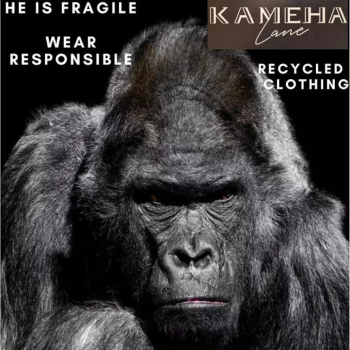
On February 10, 2021, Barbara Pompili, Minister of Ecological Transition, presented the “Climate and Resilience” bill to the Council of Ministers. This law brings together the proposals resulting from the Citizen's Convention for the Climate and aims to reduce greenhouse gas emissions by 40% by 2030 compared to 1990. The executive has retained 146 proposals which can be classified into 5 main themes: consuming, producing and working, getting around, finding accommodation and eating.
- Consumption and diet
A “CO2-score” index will be displayed on products and services in order to inform consumers of their carbon impact on the environment. The aim is to empower consumers by shedding light on the consequences of their purchases and, possibly, to fight against over-consumption.
Advertising in favor of fossil fuels will be banned. Companies wishing to advertise will now have to take climate issues into account and comply with a code of conduct to which they have subscribed. The mayors will be able to regulate advertising spaces in a more restrictive way.
From 2030, 20% of the sales area of large and medium-sized stores will be dedicated to bulk sales.
From 2025, instructions for glass packaging can be put in place.
From September 2021 and for those who want it, local authorities will be able to experiment for two years with a daily vegetarian menu in the canteens. If the attempt is successful, the measure will be generalized.
By 2025, private collective catering (company restaurants among others) will have to offer 50% of quality products, of which 20% are organic. In public collective catering (school canteens, Ephad among others), this obligation is already set by the so-called "EGAlim" law of 2018 on January 1, 2022. A trajectory for reducing emissions due to nitrogenous agricultural fertilizers is planned, with the triggering of a tax from 2024 if the objectives are not met.
- The decarbonisation of production and labor
The objective is to achieve carbon neutrality by 2050. For this, many sectors of the economy as well as companies will have to comply with more stringent environmental rules:
- The environmental clauses of public contracts are reinforced.
- Ecological transition will in future be one of the general responsibilities of the social and economic committees (CSE).
- The mining code makes its extractive model responsible for protecting ecosystems.
- Diversification of the energy mix: more renewables and less nuclear power.
- The transformation of travel
The bill reinforces the orientation taken by the law of 24 December 2019 on the orientation of mobility by:
- “The creation of low emission zones (ZFEs) for agglomerations with more than 150,000 inhabitants by the end of 2024;
- the obligation for regions to offer attractive fares on regional trains;
- the ban on domestic flights when an alternative by train exists in less than 2h30 and the compensation of 100% emissions from domestic flights by companies in 2024 in order to encourage the use of the train rather than the plane;
- experimentation with lanes reserved for certain categories of vehicles (public transport, carpooling, vehicles with very low emissions);
- the possibility for the regions to create a road ecotax (by an ordinance);
- the end of the sale of the most polluting vehicles (emitting more than 123g CO2 / km) in 2030. "
- The energy renovation of buildings and the occupation of space
The law provides several points:
- The end of thermal strainers by 2028.
- The impossibility for landlords to increase the rents of F and G classified accommodation.
- The ban on renting out accommodation classified as F and from 2028.
- The creation by the trustees of special funds dedicated to energy renovation.
- The artificialization of soils over the next ten years compared to the previous decade should be halved. Let us recall the definition of this term: "the artificialization of a soil or an environment, of a natural or semi-natural habitat, is the loss of the qualities which are those of a natural environment: its naturalness, a quality which includes a self-sustaining capacity to harbor a certain biodiversity, natural cycles and its biogeochemical qualities. Artificialization is generally accompanied by a loss of self-healing capacity on the part of the environment ”. In this regard, the law therefore prohibits the creation of new commercial areas which would lead to artificialization of the land.
- The obligation for local communities to reserve 30% of protected areas for their territories
- The establishment of sanctions
The Climate and Resilience law now provides for heavy penalties against all those who pollute the soil, air and water. In addition, a general offense of pollution of water and air is created, with in particular the qualification of "ecocide" when the acts which have led to serious and lasting damage to the environment are committed intentionally ( up to ten years' imprisonment and a 4.5 million euro fine).
The Citizen's Climate Convention has developed many proposals and articles that will be included in the Climate and Resilience Law.
Posted on 2021-02-23 11:57









Comments